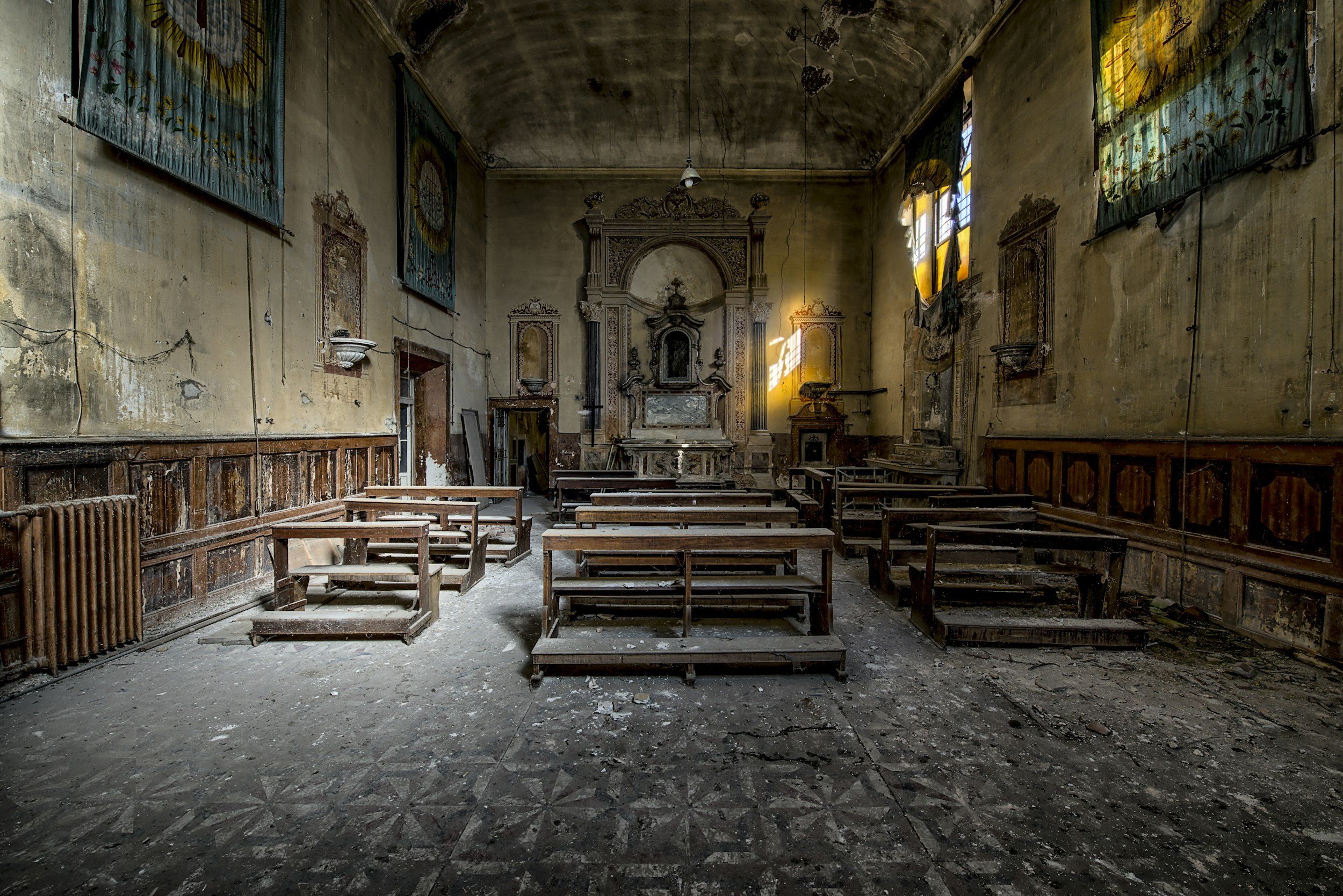(ANALYSIS) Divinity schools hardly mention the huge issue of reuse and redevelopment of faith properties in their curricula, nor do urban planning programs, at least not yet. Perhaps a curriculum that engages experts and examines relevant case studies is in order if we are to form strategies for emptying faith properties — our semester-long adventure can serve as a prototype.
Read More(ANALYSIS) Houses of worship need social enterprise now more than ever. Churches, synagogues and other houses of worship are facing a dire situation. Up to 100,000 U.S. houses of worship may close over the next decade. The percentage of Americans belonging to a faith institution has plummeted from 70% to 47% over one generation with no sign of abating.
Read More(OPINION) The teachings of most religions and denominations encourage, if not command, followers to care for God’s creation. Since the first Earth Day in 1970, many houses of worship have taken the message of environmental sustainability to heart. They tend to start with improving the day-to-day behaviors of their congregations.
Read More(OPINION) Houses of worship are in decline. One reason is Americans’ waning interest in religious institutions. Another may be the change in consumer behavior away from the “average” and toward the large, the online and the small but specialized. Houses of worship can develop hope by learning from the experiences of the retail, financial-services and health care industries.
Read MoreThe U.S. may see 100,000 churches close, and this issue could help determine the success or failure of many downtowns and neighborhoods over the next three to four decades. There is no easy solution to guarantee a successful initiative. The process requires attention to issues of real estate, faith institutions, communities and resources. The skills of urbanists are needed in America’s heartland.
Read MoreHouses of worship own billions worth of empty, deteriorating or underused real estate. Some local governments and denominations are moving to carve it into badly needed housing, but there are plenty of obstacles.
Read More(ANALYSIS) Across the country, houses of worship are shuttering by the thousands. Municipalities have a role in finding new uses for abandoned buildings that have long anchored communities and neighborhoods.
Read More





